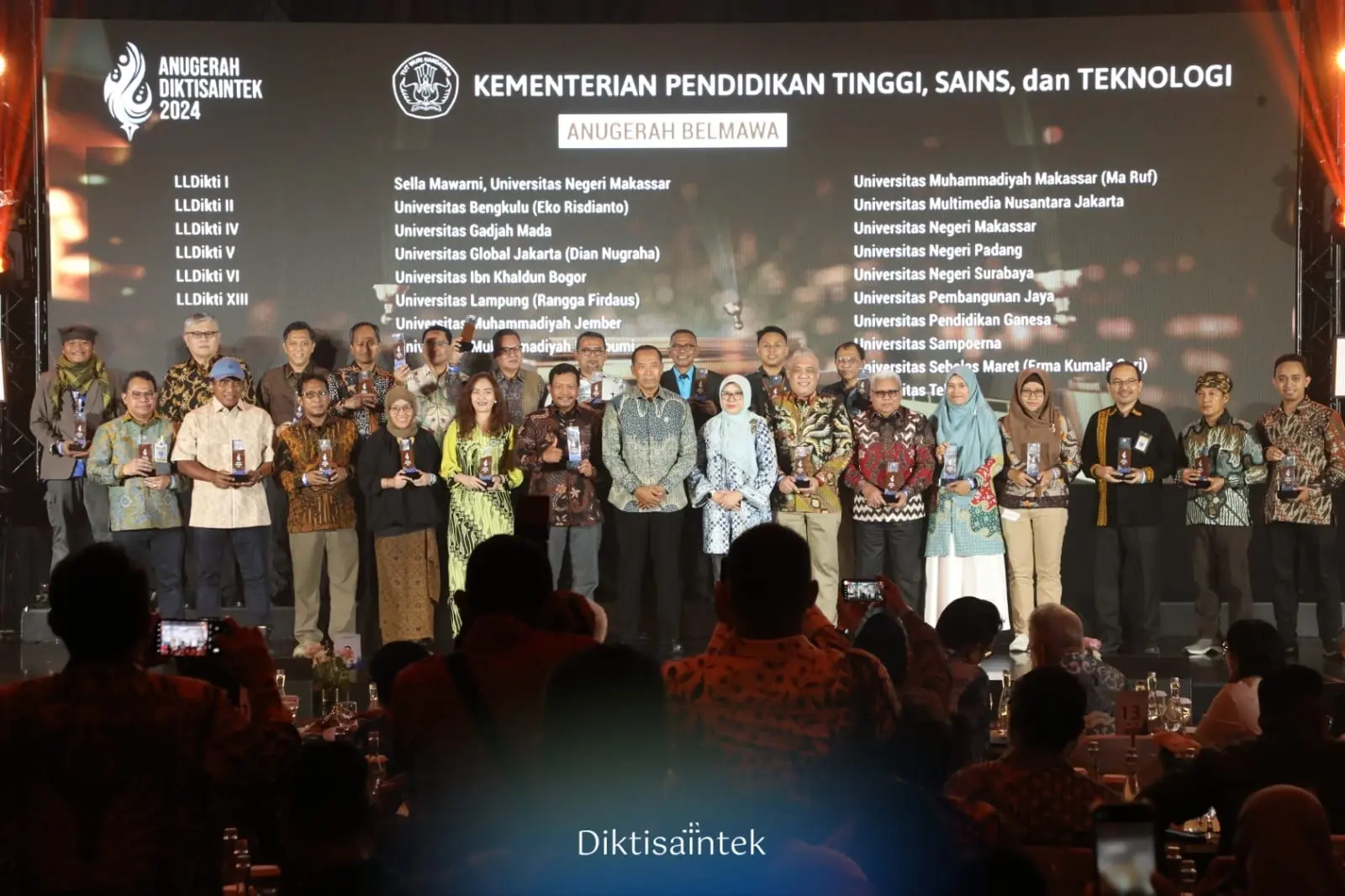17 Oct 2023
8 Things You Should Know About Virtual Meeting Etiquette
Articles,
Virtual meetings will be critical in the future of how we operate. These sessions take place online, so you may work from anywhere and connect with individuals worldwide. It’s more flexible, so you may select when you work, which may be better for your personal life.
However, there may be difficulties, such as feeling tired from too much online conversation and missing the in-person connection. To make this future work culture successful, we must learn how to use online technologies, adhere to some ground rules for online meetings, and take care of our well-being.
What matters most in this new way of working is getting things done, not how many hours you spend at your desk. It’s an exciting development, but we’ll need to figure out how to make it work while remaining connected and healthy.
What is Virtual Meeting Etiquette?

Like its in-person cousin, virtual meeting etiquette is a collection of norms and principles that help promote effective and respectful interactions in a digital office. Understanding and sticking to these standards is critical for retaining professionalism and encouraging good communication in an era where remote work and virtual meetings are becoming increasingly popular.
Virtual meeting etiquette is critical for successful and respectful interactions in our increasingly digital work landscape. Here are eight crucial points to remember in layperson’s terms:
1. Be prompt
Just like attending a typical meeting, being prompt for virtual meetings is critical. Being on time shows respect for everyone’s schedules and helps the meeting start well.
2. Reduce Distractions
Turn off superfluous apps, turn off your phone, and inform your family or roommates that you should not be bothered during the meeting. Mute your microphone when you’re not speaking to reduce background noise.
3. Dress appropriately
Even for virtual meetings, dress accordingly. While it may be tempting to stay in your pajamas, dressing professionally can help you feel more focused and demonstrate that you take the meeting seriously.
4. Active listening
Maintain eye contact with the camera, nod, or give verbal clues such as “I see” or “I understand” to demonstrate your interest. Interrupt people only when necessary, and be patient when it is not your moment to speak.
5. Check your technology
Make sure everything is in working condition. To avoid hiccups, test your camera, microphone, and internet connection before the meeting. Consider wearing headphones to improve sound quality.
6. Express Yourself
In virtual meetings, your body language is still vital. When appropriate, smile, use hand gestures to accentuate points, and make sure your facial expressions show your degree of interest in the conversation.
7. Maintain the Plan
Maintain focus and adhere to the meeting agenda. Avoid tangential discussions that could derail the meeting. To maximize everyone’s time, save queries for opportune times.
Following the meeting, demonstrate your dedication by sending a thank-you email or summarizing the major issues addressed. If you have tasks, complete them immediately and keep the team updated on your progress.
Understanding virtual meeting etiquette is critical for university students since it encourages professionalism and prepares them for the real world. Students who understand the intricacies of virtual meeting etiquette can thrive academically by engaging effectively with peers and teachers as the educational landscape increasingly integrates virtual classrooms and online collaboration.
Furthermore, in a dynamic labour market where remote work is becoming the norm, these talents are becoming increasingly important. Learning to behave respectfully in virtual meetings is a stepping stone to future work success, improving adaptation to various communication platforms and building constructive connections.
It’s also a valuable ability for networking, as students can leave a lasting impression on teachers and classmates. In summary, understanding virtual meeting etiquette equips university students with the confidence and courtesy to traverse the academic and professional worlds.
Entrepreneurship at Sampoerna University
Sampoerna University is a fully accredited university in Indonesia that offers the best choice for those seeking excellent international education. We are a private, non-denominational, non-profit university licensed and certified by the Republic of Indonesia’s Ministry of Education, Culture, Research, and Technology. Formed according to national and international standards, Sampoerna University is qualified to contribute to society through education substantially.
Sampoerna University offers a range of entrepreneurship courses as part of its undergraduate programs. These courses focus on developing entrepreneurial skills, including opportunity recognition, business planning, marketing strategies, financial management, and innovation. Students learn to assess market feasibility, create business models, and develop sustainable business strategies.
We also collaborate with industry partners, start-up incubators, and entrepreneurial organizations to provide students with practical exposure and real-world experiences. Through these partnerships, students can participate in internships, industry projects, and mentorship programs, gaining valuable insights into the business world and entrepreneurial practices. The University emphasizes entrepreneurship as a critical component of its educational approach.
9 of 10 graduates get employed three months after graduation*. Immediately register to participate in the new student admissions process for the 2023-2024 year here. Our Admission Team will contact you soon to provide more detailed information.
Schedule with us whenever you want to visit campus tours on-site or virtual!





